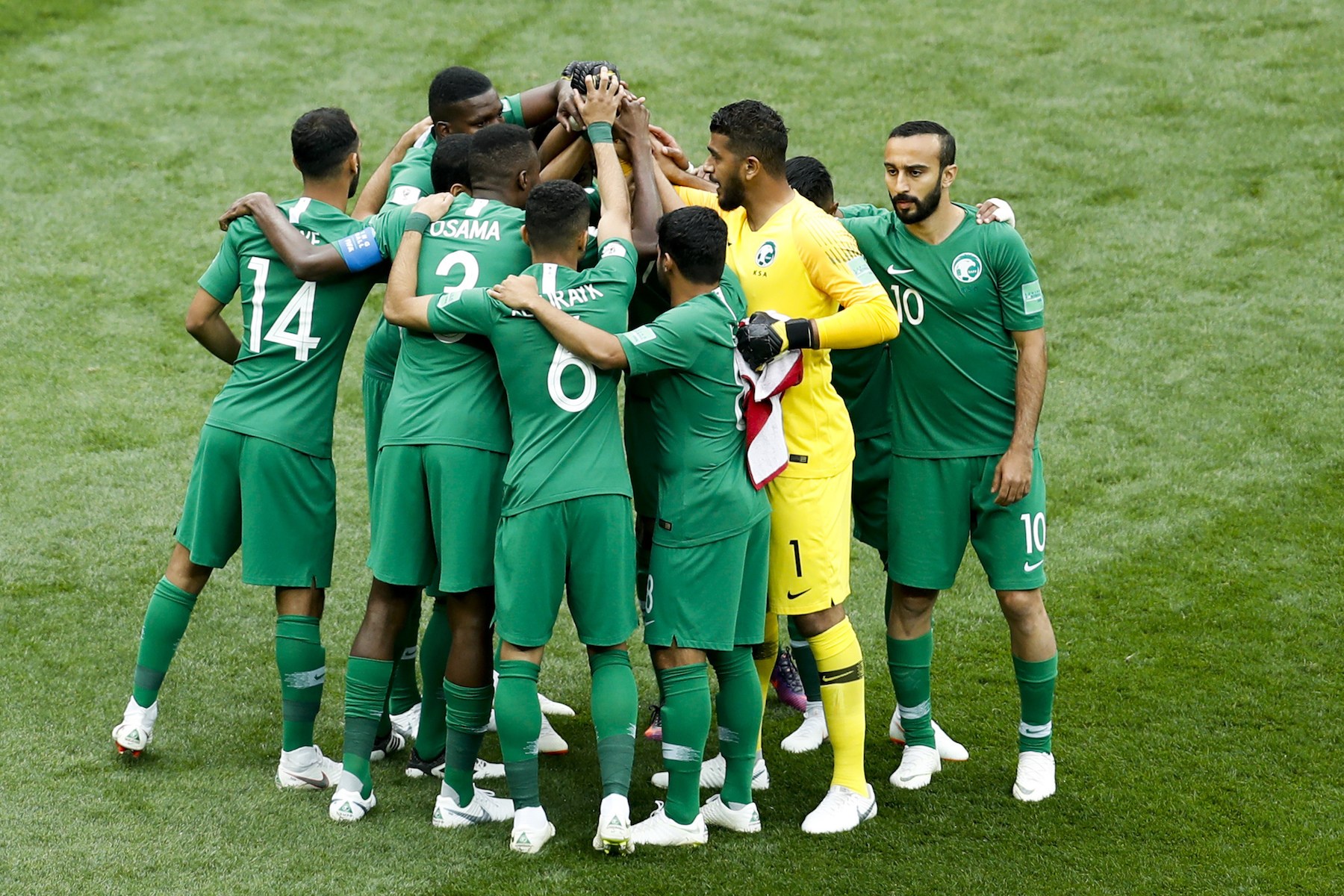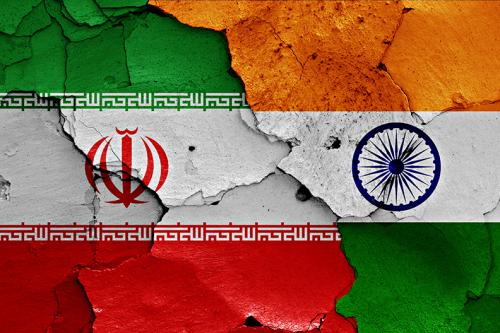News Analysis |
The King of Saudi Arabia, Salman bin AdulAziz talked to the Prime Minister of Iraq via phone call last week and promised to build a large football stadium for Iraq. This comes after a friendly football match between the two countries that Saudi Arabia lost by 4 goals to 1. After losing the ‘bet’, the King of Saudi Arabia promised to fund the building of a football stadium with a capacity to house 100,000 people.
The stadium will be built in Baghdad. Previously, Iraq’s largest stadium was in Basra with a capacity of 65,000, where Iraq beat Saudi Arabia in last week’s friendly football match. A stadium where a tenth of a million people can watch a football game would easily make it one of the five largest in the world. The pledge was made as Saudi Arabia seeks closer ties with Iraq ahead of Iran.
The Iraqi PM also mentioned that the stadium will be established under the guidance and supervision of a higher Iraqi-Saudi coordinating council, which will specify the location and design in addition to following up on the project’s progress.
The friendly match was the first between the two countries in nearly 40 years. In his weekly press conference, the Iraqi Prime Minister Haider Al-Abadi said that he had directed his cabinet to form a committee that will comprise ‘a group of key ministries concerned with this project.’ Al-Abadi also said, “ He [the King of Saudi Arabia] hailed Iraq’s victory and expressed his preparedness and commitment to expanding positive relations between Iraq and Saudi Arabia at different levels — economical, commercial, communal, cultural, etc.—at all levels that are of interest for the two countries.”
Iraq and Saudi Arabia have not enjoyed friendly relations since the Iraqi invasion of Kuwait in 1991, which led to the Gulf War. Saudi Arabia, along with the US and other key US and Saudi allies formed a coalition against Iraq and routed Iraqi forces from occupied Kuwait. After that, severe economic sanctions were imposed on Iraq by the US for about a decade, till 9/11. Following the September 11th attacks, the American president George W. Bush included Iraq in his ‘axis of evil’, along with Iran and North Korea.
Read more: Iraq, Saudi face off in bout of football diplomacy
The US subsequently invaded Iraq in 2003 and executed Saddam Hussain. When Barrack Obama was elected, the US abruptly pulled almost all troops out of Iraq which led to a security vacuum that was filled by the terror group ISIS. It has been a number of years since Iraqi forces have been fighting and ultimately recapturing all the territory that ISIS had captured. Now Iraq has, for the most part, returned to normalcy. A friendly football match symbolizes the hard-won peace that citizens of Iraq are beginning to enjoy.
However, it was not only Iraqi forces that had been fighting. Iran-backed Shiite militias were also on ground, fighting ISIS in Syria as well as in Iraq. As these forces defeated ISIS, Iranian influence also grew in Iraq. The Popular Mobilization Front or PMF is a group of about 63 factions of various ethnicities and tribe with differing loyalties but is mostly Shia-dominated. The total number of troops in the PMF is estimated to be 60,000. In November 2016, the PMF was sanctioned by the Iraqi government and made part of the Iraqi forces. In practice, however, the paramilitary group is has greater autonomy.
States may exert soft power in the form of loans, grants, aids, student exchange programs, cultural exchange programs and more. The promise by the King of Saudi Arabia to build a football stadium is a welcome change in a region which has now been embroiled in decades of conflict.
Some factions in the PMF are loyal to religious or political leaders in Iraq while some follow the commands of the IRGC or the Iranian Revolutionary Guard Corps. The IRGC was formed after the 1979 Revolution in Iran as the idealogical custodian of Iran. Some analysts say that the purpose of IRGC has evolved into conducting extra-territorial military operations on behalf of Iran.
Iraq is majority Shiite (over 65%) and has nearly 30% Sunni population. The rest comprise of other religious minorities. The strategic competition between Iran and Saudi Arabia in the broader middle-east has assumed sectarian overtones over the years. Consequently, Iraq, with its precarious demographics, also became a theatre of competition between Saudi Arabia and Iran.
Read more: Can football help end Gulf crisis?
Iraq is not the only country where Saudi Arabia and Iran are vying for influence. In Syria, Iran and Saudi Arabia have interests that constitute a zero-sum game. Saudi Arabia argues that there is no future for Bashar-al-Asad in Syria while Iran backs the Syrian regime. In Yemen, Saudi jets have been bombarding territory controlled by Iran-backed Houthi rebels for a number of years.
Prime Minister Harriri of Lebanon also tendered his resignation while he was in Saudi Arabia. In Lebanon, Iran-backed Hezbollah is perhaps the most popular political party, comprising a security apparatus of its own. Some analysts have called it ‘a state within a state.’ Most of the times, geopolitical rivalry between states manifests itself via hard power or military force.
The US subsequently invaded Iraq in 2003 and executed Saddam Hussain. When Barrack Obama was elected, the US abruptly pulled almost all troops out of Iraq which led to a security vacuum that was filled by the terror group ISIS.
Soft power is a persuasive approach in international relations. American political scientist Joseph Nye defined soft power as having the capability ‘to get others to want the outcomes that you want.’ States may exert soft power in the form of loans, grants, aids, student exchange programs, cultural exchange programs and more. The promise by the King of Saudi Arabia to build a football stadium is a welcome change in a region which has now been embroiled in decades of conflict.
Read more: Battle of Jewish settlements being fought on football ground..!
After years of going through destructive wars, Iraq needs funds for reconstruction and development. Otherwise, there is a risk of further division between and alienation among the various factions and tribes in Iraq. Building a state of the art football stadium is a project that people from all ethnicities in Iraq would gladly support.
In his press conference, the Iraqi PM also mentioned that the stadium will be established under the guidance and supervision of a higher Iraqi-Saudi coordinating council, which will specify the location and design in addition to following up on the project’s progress. It would not be farfetched to assert that this is how states should compete with each other for influence.














